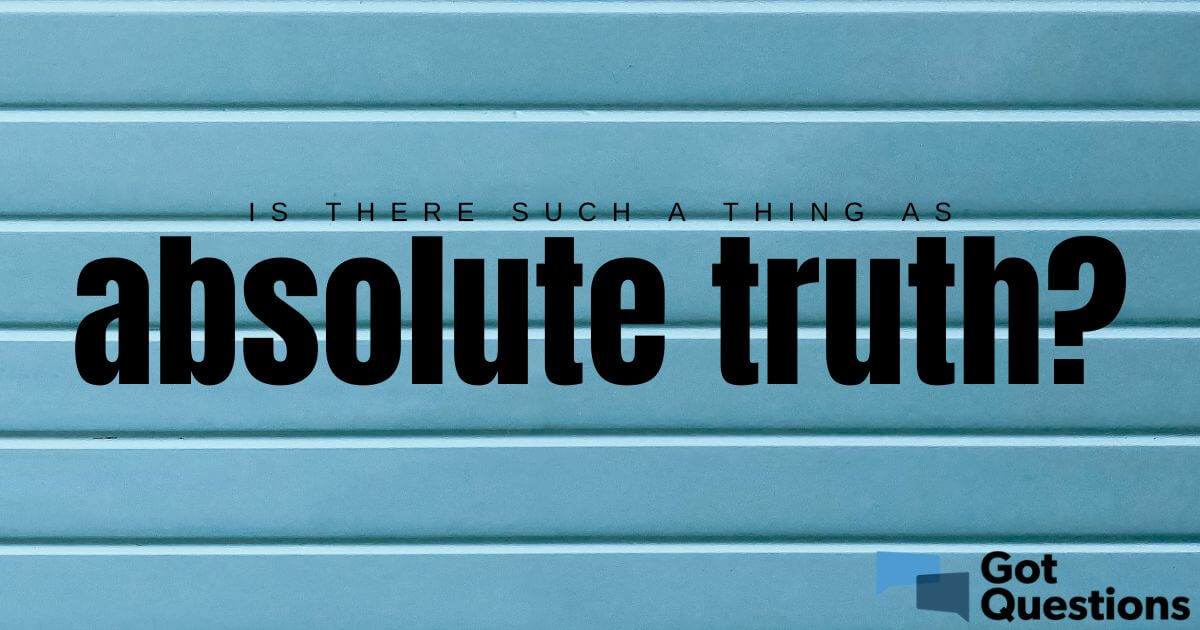Here at Catholic Answers many have written books about this issue, they are better than I am to explain it from an atheist perspective.
Link:
https://whywearecatholic.com/
Of course I am familiar with Horn and his arguments. I would be delighted to have a conversation with him, or anyone who is willing to argue along his lines.
I read the presented first chapter, and I found some basic errors it it. Here is the first one:
“Here’s the problem with saying “there is no absolute truth”: this statement is an absolute truth.” No, it is NOT. It is just another trickery of “This proposition is false.” One of Bertrand Russell’s famous paradoxes. (Is it true, or is it false?) It exploits the problem of making
unqualified general statements.
The proposition of “there are no absolute truths” is NOT a
metaphysical proposition. It is an
epistemological concept. It simply expresses that propositions are contingent upon the premises, in other words: “they are relative to the circumstances”. If Horn is not aware of this, he is not a good apologist.
Try this simple experiment. Take two buckets of water, one ice cold, the other one quite hot (but not too hot, don’t want to hurt yourself.) And then a third bucket, with tepid water in it. Place you right hand into the hot water, and your left hand into the ice cold one. Wait a few seconds, until both hands are comfortable. Then take them out and place them into the tepid water. What will it feel? It will feel quite hot for your left hand, and very cold for your right hand. The same person, the same water, and two different feelings.
What is your analysis of this experiment?
The temperature of this third bucket of water is objectively “X” degrees. But the subjective feeling is not. It is relative to the circumstances.
The basic problem is the confusion about the dichotomy of “absolute” and “relative” on one hand, and “objective” vs. “subjective” on the other. I have yet to meet with an apologist who is aware of this distinction and is willing to abide by it.
Once our earthly life ends, we will have to face God, both believers as well as non-believers.
But by that time it will be too late!!! No more free will, no repentance

And we shall not “believe”, we shall “KNOW”. By the way, this is the one of the most important elements which makes me a skeptic. Why are we demanded to make a choice without the necessary information to base our choices upon?
And please, don’t quote Jesus: “Blessed are the ones who have not seen and yet believe.” Because that only adds insult to injury.


